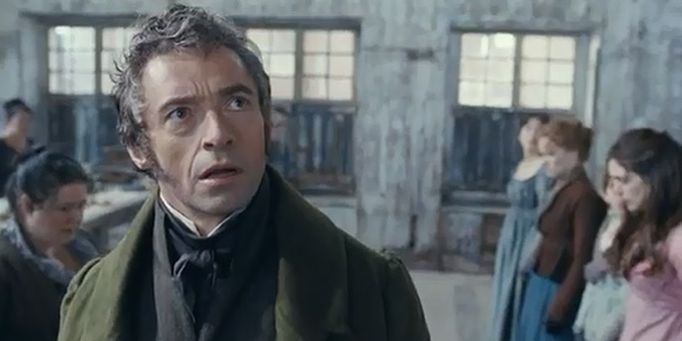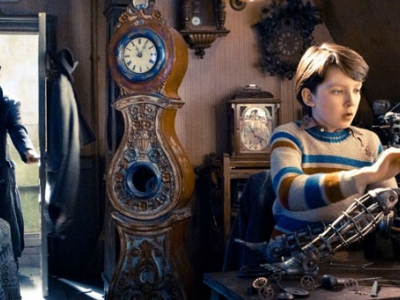
Les Misérables: Movie Review
A worthy film adaptation of one of the most loved stories of all time.
The film adaptation of a musical that has moved audiences for 32 years, and a novel that has plumbed the depths of human cruelty and kindness was never going to be a small affair. But Les Misérables is an epic that will live up to audiences’ technical and spiritual expectations.
Les Misérables stars Australians Hugh Jackman as reformed convict Jean Valjean and Russell Crowe as his nemesis, Inspector Javert. They are ably supported by the considerable talents of Anne Hathaway (The Dark Knight Rises), Amanda Seyfried (Mamma Mia), Helena Bonham Carter (The King’s Speech) and Eddie Redmayne (My Week With Marilyn). Director Tom Hooper took the unusual decision of asking his cast to sing every take live rather than replace the audio with studio tracks. Anyone who wonders whether movie actors have what it takes to carry off the second longest running musical in the world need only Google Hathaway’s performance of ‘I dreamed a dream.’ The overall result is an extremely emotive performance that reveals the heart of Herbert Kretzmer’s lyrics. But the best thing Les Misérables has to offer is still its story.
A story of redemption
Valjean decides to rob the kindly Bishop of Digne who has given him shelter and food when no one else would. His boarder repays him by stealing his cutlery and candlesticks. However, when the local gendarme discovers Valjean, the bishop maintains that the missing silverware was in fact a gift. The police depart and what then takes place is one of the most profound moments of redemption ever to be captured on page or stage. In Victor Hugo’s original words, the bishop says:
“Jean Valjean, my brother, you no longer belong to evil, but to good. It is your soul that I buy from you; I withdraw it from black thoughts and the spirit of perdition, and I give it to God.”
Transformed, Valjean goes on to lead a kindly life, redeeming others even as he has been redeemed. But Crowe’s Inspector Javert has no room in his heart for this sort of grace. He warned Valjean on his release:
Javert: Now Prisoner 24601, your time is up and your parole’s begun. You know what that means?
Valjean: Yes, it means I'm free.
Javert: No. [hands him a yellow paper]
Javert: Follow to the letter your itinerary. This badge of shame you wear until you die. It warns that you’re a dangerous man.
Valjean: I stole a loaf of bread. My sister’s child was close to death, and we were starving...
Javert: And you will starve again unless you learn the meaning of the law!
Javert’s law is without the slightest possibility of mercy, and most filmgoers will feel the injustice of an eternal punishment without possibility of reprieve. But it’s worth remembering that Javert represents the state, not the church. It’s human beings who decide that a person cannot be anything other than they are now, and so cannot be forgiven. God’s representative sees the possibility of his Master transforming even the most hardened heart. This latest version of Les Misérables certainly makes a lot of Valjean’s determination to be different, but it’s worth remembering that his new heart doesn’t arrive from nowhere. Victor Hugo meant it to be the product of God’s grace.
Watching Les Misérables with your kids
Les Misérables is the perfect film for older teens to encounter the twin horrors of the human condition. Left to ourselves we will either create a world of oppressive indulgence or unyielding law. A little conversation can help them see how different God’s approach is:
- Why does the Bishop of Digne care about someone like Valjean?
-
What would you think of Valjean if he’d decided to reject the chance the bishop gave him?
- God is like the bishop – graciously covering our old life but insisting on a new heart. What sort of change would that require in your life?
For more articles from Growing Faith, subscribe to our monthly e-newsletter.
To hear about the latest books and resources from Youthworks Media, subscribe here.







